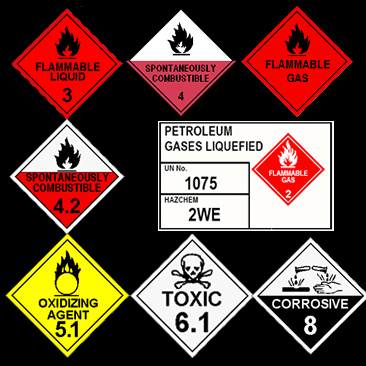In terms of waste management and
disposal Sydney is concerned; there are several processes through which, they
have to pass through. The top processes are reuse and recycle, followed by a
number of other processes. In this post, we will go through the details of
these processes that have slowly become the backbone of modern-day waste management processes.
Reuse
As far as the reuse is concerned,
the basic rule of thumb is that it is totally safe and effective and you need
to continue with it.
- This means reusing your old phone-model instead of trading it in for a few one every few months.
- Experts say that it also means using the blank side of the paper instead of throwing it away or using a new one.
- Other than this, experts of paint disposal Sydney say that this reuse also means ignoring the latest fashion trends and sticking to your wardrobe threads.
- The reason why reuse is marketed so much these days is that even if you are disposing something responsibly, you will need it new altogether and this means, putting more stress on the environment.
- For example – donating old clothes to a charity is a good example, but new clothes mean large amounts of labour, water, resources and packaging involved in its production.
- This is why; reusing is also connected to repairing items to increase their life.
Recycling
According to the experts of paint disposal Sydney,
in case you are following the process of recycling, you can make a considerable
amount of difference in the ecosystem.
Overall, according to the experts
of liquid waste removal, you can recycle the following things in your wheelie
recycling bin:
- Paper
- Cardboard (un-waxed)
- Firm plastic containers
- Metal cans, tin foil
- Aerosol cans
- Only glass containers used for packaging
Here is the list of things that
you should avoid putting in the bin meant for recycling products.
- Cellophane
- Ceramics
- Clothes
- Drinking glasses
- Food waste
- Garden waste
- Heat-proof dishes
- Nappies
- Needles and syringes
- Padded envelopes that contain plastic
- Photographs
- Plastic bags
- Polystyrene foam
- Soft plastics, such as food wrappers and plastic wrap
- Tissues and toilet paper
- Wax-coated paper


